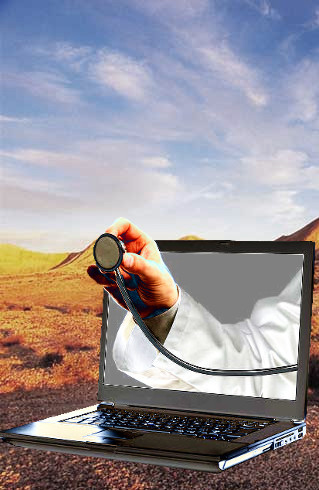Telestroke service expanding
 Advocates want more focus on telehealth stroke services.
Advocates want more focus on telehealth stroke services.
Many stroke patients in regional areas of NSW are being treated via a medical service called Telestroke.
The program provides access to stroke specialista via video link, and has been used for both emergency and ongoing care needs.
The scheme is expanding across NSW and to other states, but some of the people behind it say it needs more support. Telestroke should be active at 23 hospitals in NSW by June this year.
Stroke Foundation CEO Sharon McGowan says Queensland in particular is lagging behind the uptake.
“If you live in far north Queensland, your chance of getting access to emergency stroke treatment is much reduced,” Ms McGowan has told reporters.
“We're calling particularly on the Queensland government to invest in Telestroke.”
The Australian Stroke Alliance says an expanded platform is being designed, with pilot projects planned for Queensland, South Australia and Victoria.
“The nation’s prehospital health workforce will soon be supported by the Australian Stroke Alliance like never before, regardless of location,” the alliance says.
The first pilot of the expanded scheme should be completed by early 2023, including the establishment of a stroke-capable road ambulance in a regional setting.
The alliance says its version can be customised to meet unique regional requirements,
supporting clinicians, ambulance paramedics, and allied health workers to improve urgent stroke diagnosis.
It says it will give patients access to a roster of stroke physicians 24-hours a day, as well as linking with the Royal Flying Doctor Service’s Central Operations team.
It is also seeking to facilitate brain imaging at the scene of a stroke within the next five years on the nation’s road and air mobile stroke units.
“It is always frustrating seeing patients who have lost their ability to walk or speak after a stroke. But this is worse when you know that they could not receive treatment just because they lived remotely. Stroke treatment should not depend on the place where you live,” says Dr Alvaro Cervera, a neurologist at Royal Darwin Hospital.







 Print
Print